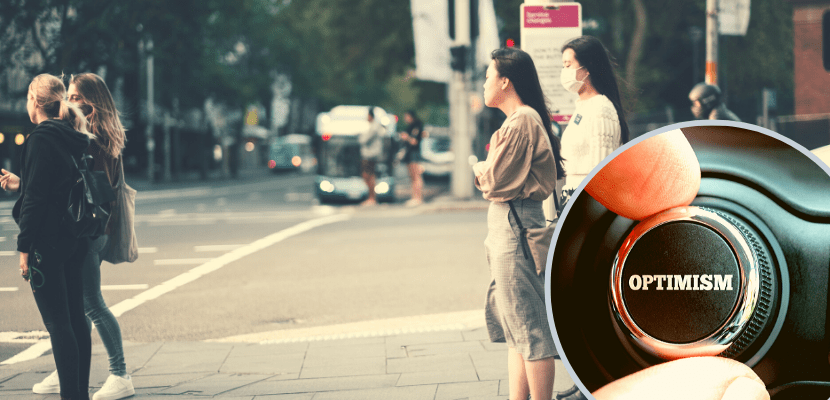Easter provides a time to reflect and consider family, future ambitions and next steps. Like the Christmas holiday, it serves as a break in our frenetic lives. However, rather than a pause, this year was a continuation of house-bound routines. Work clothes seem like a uniform from another era. The family pets have enjoyed more walks than ever and the path between the makeshift home office and fridge is now well worn.
What next?
It is easy to dwell on the negative impacts. Cancelled holidays. Lost deposits. Abandoned plans.
In this major disruption to our lives, there can instead be great optimism.
In earlier busts, depressions or calamities, there were far-sighted individuals who understood that the new reality allowed conventional wisdom of a forgone period to be shed and discarded. These people may have lost fortunes, friends, family and only have the shirt on their back. They were too impatient to dwell on losses. Instead, they saw a collection of opportunities. Be it abandoned shops, cheap inventories, or low freight rates; the entrepreneur reassembles these in new ways to solve problems and deliver products and services.
Post-COVID-19, people’s needs and wants will be different. It may be less about luxury holidays and more about household essentials. There still will be demand for goods and services, but first-time entrepreneurs will be unencumbered by legacy systems or business models. This is the reason why online offerings were much better after the dot.com bust. Think the success of Amazon rather than the spectacular failure of Pets.com.
Busts provide the raw materials for entrepreneurs. Best of all, for those starting out, the entry costs are much lower. Also, entire new sectors are, by definition, free from incumbents.
What does this mean for Australians and particularly young Western Australians?
Perth has already experienced mining booms (and busts) and industry leaders and engineers have a legacy of innovating to overcome distance and high labour costs. New opportunities will certainly appear in this area, especially given how the resource sector has quietly continued operating. As and when other sectors of the economy re-start, cautious consumers will require goods and services. Some firms have already responded. In pivoting to provide a bread and egg delivery, McDonalds is building customer relations and may shift into other product lines and services in the future.
Beyond food delivery, which is prospering, other traditional forms of business services will solve social distancing problems.
What this looks like in 2025 is hard to predict. This brings me to the issue of wealth and opportunity. During this period, I have been surprised with the number of students and former scholars who have approached me to recommend a stock or sector to invest in. Instead of fumbling around with commentary on defensive stocks and essentials, I now talk about starting your own business and positioning yourself for the rebound.
I don’t always expect this advice to be acted on. It is hard to be optimistic when listening to the news. We most likely will not realise the possibilities and change until much later. However, it is particularly these times when new ideas and business models prosper. I now understand why former farmer and politician John Hyde said he learnt more from droughts than good times.
Loss is difficult to deal with and cannot always be brushed aside. However, bit by bit we will re-build. The 20-year-olds spending many hours a day in front of a screen, now have a blank canvas on which to paint.






